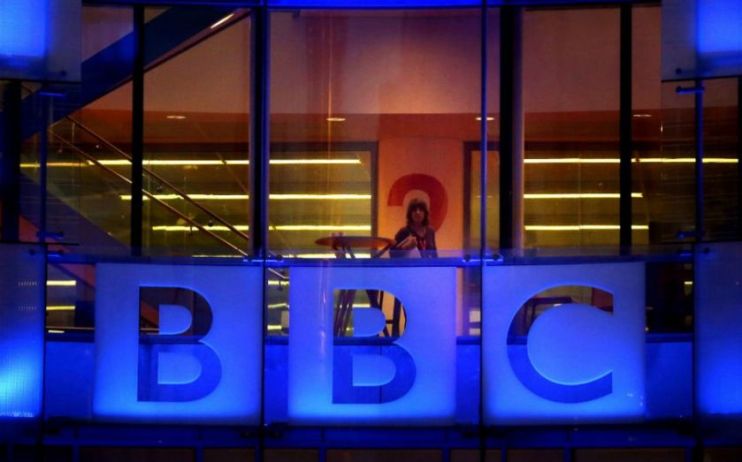The Beeb needs reform

In an unconventional move for a frontline politician at election time, Boris Johnson yesterday offered an honest and reasonably clear answer to a question.
Asked what he thought of the BBC licence fee he said — whilst muttering something about not concocting policy on the hoof —that it seemed rather outdated.
Well, he’s right. Some proof came in the Golden Globe nominations announced yesterday, with the new kids on the block set to dominate. Netflix leading the way, with Amazon, Hulu and Apple TV all picking up nods, too.
But there’s more to it than just the glitz and glamour of Hollywood awards ceremonies.
The media watchdog Ofcom thinks the BBC may not be sustainable in its current form, and risks a “lost generation” as young people tune out of its services in favour of subscription and streaming packages.
The BBC itself has acknowledged the changing media landscape, launching the pay-monthly service Britbox — first in the US and Canada and now here at home, albeit with a marketing campaign that seems to think younger, tech-savvy consumers are pining for old episodes of Cold Feet and Dalziel and Pascoe (spoiler: they aren’t).
Even Auntie’s favourites have acknowledged the new world order: Sir David Attenborough chose Netflix for two of his most recent projects with global reach amongst younger audiences the key deciding factor.
The BBC, so far, has not responded well. Britbox needs work, to say the least. The podcast-heavy radio app BBC Sounds has been riddled with technical difficulties and is still not obviously better than what it, at great expense, replaced.
And it is consistently embroiled in rows about how, by whom and whether the licence lee should be funded for the over-75s.
The BBC’s news output remains the jewel in its crown, but even then it has used its might in the UK to cleave into local newspaper territory, and helped knock plenty of them out of business.
If this was a free market, it would be a case of good on them for out-competing. When they’re a body funded by a tax, with the threat of prosecution for non-payers, that’s not healthy for the media or the market.
Johnson may or may not have planned to open this can of worms, but it’s time for a debate about the future of the BBC and its funding model.
Despite its efforts so far, our state broadcaster still looks like an analogue organisation in a digital age.
Main image: Getty